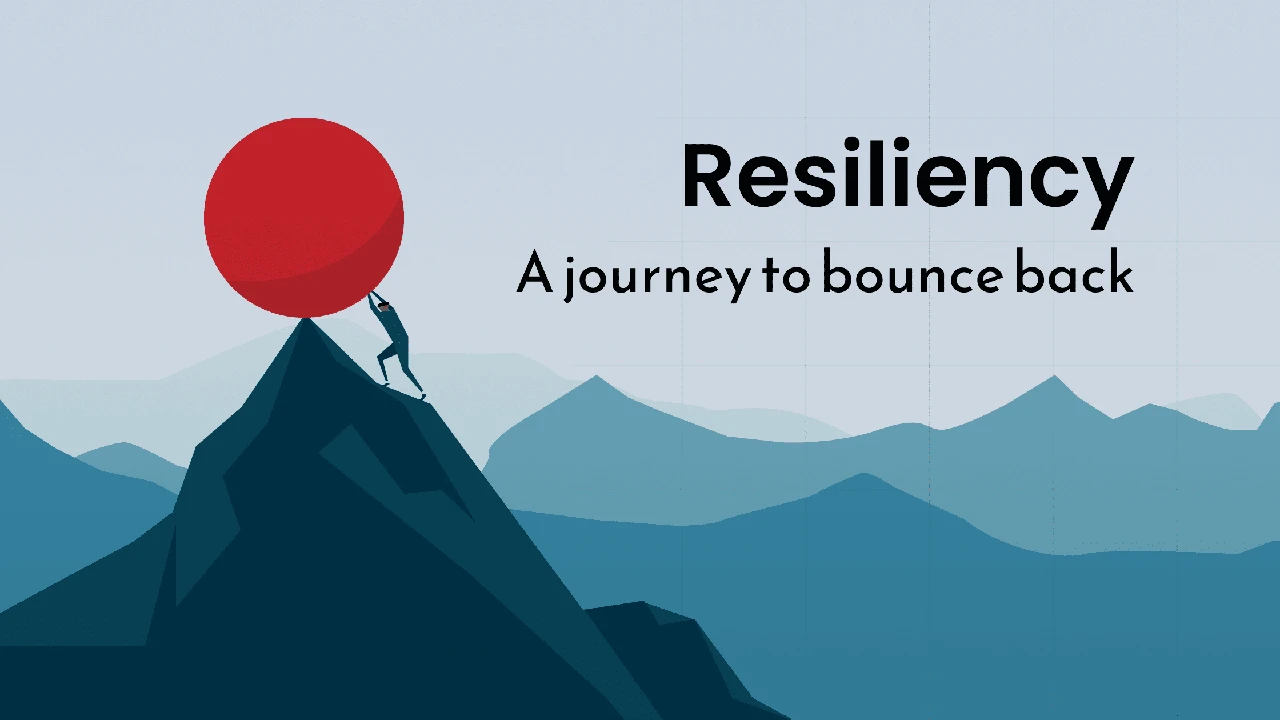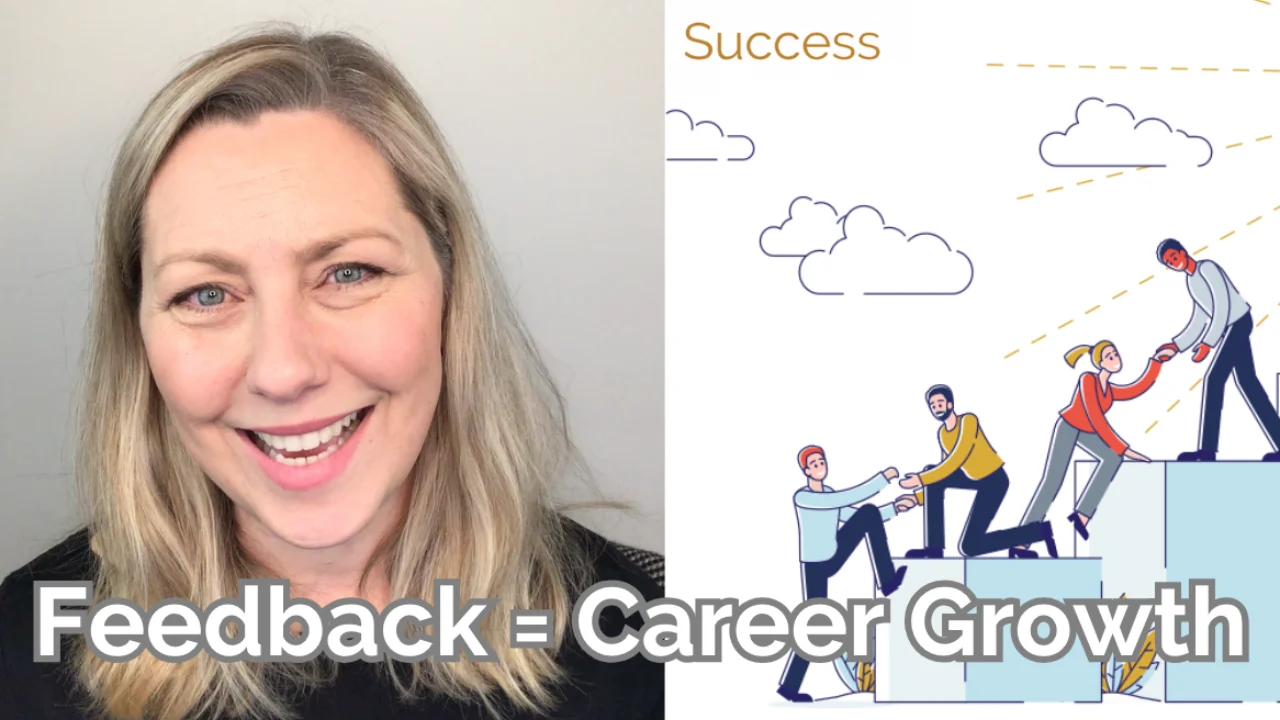3 Best Online Platforms for Skill Acquisition
Compare the top three online platforms offering excellent resources for acquiring new professional skills.

3 Best Online Platforms for Skill Acquisition
Online Learning Platforms Overview
In today's fast-paced world, continuous learning isn't just a buzzword; it's a necessity. Whether you're looking to upskill for your current role, reskill for a career change, or simply explore new interests, online learning platforms have revolutionized how we acquire knowledge. Gone are the days when formal education was the only path to expertise. Now, with just an internet connection, you can access world-class instructors, practical courses, and a community of learners from anywhere on the globe. But with so many options available, how do you choose the right platform for your needs? This article dives deep into three of the best online platforms for skill acquisition: Coursera, Udemy, and edX. We'll compare their offerings, pricing, target audiences, and unique features to help you make an informed decision.
Coursera Deep Dive Learning for Career Advancement
Coursera stands out as a powerhouse for academic and professional development. Founded by Stanford University professors Andrew Ng and Daphne Koller, it partners with over 200 leading universities and companies worldwide. This means you're getting content directly from institutions like Yale, Stanford, Google, and IBM. Coursera is particularly strong for those seeking structured learning paths, often leading to recognized credentials.
Coursera Product Offerings and Use Cases
- Guided Projects: These are short, hands-on projects (typically 1-2 hours) designed to help you learn a specific skill quickly. They're perfect for immediate application and building practical experience. For example, 'Build a Portfolio Website with HTML, CSS, and JavaScript' from Google.
- Specializations: A series of related courses designed to help you master a specific career skill. They usually culminate in a capstone project. An example is the 'Deep Learning Specialization' by Andrew Ng, a highly sought-after program for AI enthusiasts.
- Professional Certificates: Developed by top companies, these programs prepare you for in-demand jobs. They often include hands-on projects and can lead to entry-level positions. The 'Google IT Support Professional Certificate' is a prime example, widely recognized in the tech industry.
- MasterTrack Certificates: Portions of Master's programs, offering university-issued credit. These are more intensive and provide a taste of graduate-level education without the full commitment.
- Degrees: Full online Bachelor's and Master's degrees from accredited universities. These are comprehensive and offer the same academic rigor as on-campus programs.
Coursera Pricing and Value Proposition
Coursera's pricing model varies significantly depending on the offering:
- Individual Courses: Many courses can be audited for free, meaning you can access lecture videos and some materials. To get graded assignments and a certificate, you typically pay a one-time fee, ranging from $49 to $99.
- Specializations and Professional Certificates: These are subscription-based, usually costing between $39 to $79 per month. The total cost depends on how quickly you complete the program.
- MasterTrack Certificates: These can range from $2,000 to $5,000, reflecting their academic credit value.
- Degrees: Full degrees can cost anywhere from $9,000 to $40,000+, comparable to traditional university tuition but often more affordable.
Comparison: Coursera's strength lies in its academic rigor and university partnerships. If you're looking for credentials that hold weight with employers or want to delve deep into a subject with a structured curriculum, Coursera is an excellent choice. Its financial aid options also make it accessible to a wider audience.
Udemy Exploring Diverse Skills and Practical Application
Udemy operates on a different model. It's an open marketplace where anyone can create and sell courses. This leads to an incredibly vast and diverse library of content, covering everything from web development and digital marketing to photography and yoga. While it lacks the university accreditation of Coursera or edX, its strength lies in its sheer volume of practical, skill-based courses and its often more affordable pricing.
Udemy Course Variety and Practicality
- Coding and Development: Udemy is a go-to for learning programming languages, web development frameworks, and mobile app development. Courses like 'The Complete 2024 Web Development Bootcamp' are consistently popular.
- Business and Entrepreneurship: From 'Digital Marketing Masterclass' to 'Start a Side Hustle', Udemy offers practical guides for aspiring entrepreneurs and business professionals.
- Design: Graphic design, UI/UX design, video editing – you'll find a plethora of courses on creative skills.
- Personal Development: Beyond professional skills, Udemy also hosts courses on mindfulness, productivity, communication, and more.
- Niche Skills: Due to its open marketplace model, you can find highly specific or niche courses that might not be available elsewhere.
Udemy Pricing and Accessibility
Udemy's pricing is unique:
- Individual Course Purchase: Courses are typically purchased individually, with prices ranging from $19.99 to $199.99. However, Udemy is famous for its frequent sales, where courses often drop to $9.99 or $12.99. This makes it incredibly affordable to pick up new skills.
- Udemy Business: For organizations, Udemy offers a subscription service providing access to a curated collection of top courses.
Comparison: Udemy is ideal for learners who prefer a more à la carte approach. If you want to learn a specific skill quickly, without the commitment of a specialization, or if you're on a tight budget, Udemy's frequent sales make it an unbeatable option. The quality can vary more than on Coursera or edX, as anyone can be an instructor, but user reviews and ratings help filter the best content.
edX Academic Rigor and Open Source Learning
edX is another non-profit online learning platform founded by Harvard and MIT. Similar to Coursera, it partners with top universities and institutions globally, focusing on high-quality, university-level courses. edX emphasizes open-source learning and often provides free access to course materials, with a fee for verified certificates.
edX Program Structures and Academic Focus
- Individual Courses: Many courses are available for free audit, allowing you to learn at your own pace. For a verified certificate, there's a fee. Examples include 'CS50's Introduction to Computer Science' from Harvard.
- MicroBachelors Programs: Undergraduate-level programs that provide a pathway to a Bachelor's degree. They are credit-backed and designed to help learners gain foundational knowledge for in-demand careers.
- MicroMasters Programs: Graduate-level programs that can count towards a Master's degree. These are more advanced and rigorous, offering deep dives into specialized subjects.
- Professional Certificate Programs: Similar to Coursera's, these are designed to build specific job-ready skills.
- Executive Education: Short, intensive programs for professionals looking to enhance leadership or business skills.
- Full Degrees: edX also offers full online Bachelor's and Master's degrees from its partner universities.
edX Pricing and Credentialing
edX's pricing structure is similar to Coursera's, with variations based on the program type:
- Verified Certificates: Typically range from $50 to $300 per course.
- MicroBachelors and MicroMasters Programs: These can range from $500 to $1,500 per program, offering significant value for university-level content.
- Executive Education: Prices vary widely, from a few hundred to several thousand dollars.
- Degrees: Comparable to Coursera's degree pricing, ranging from $10,000 to $50,000+.
Comparison: edX is an excellent choice for learners who prioritize academic quality and university-backed credentials. Its focus on open-source learning means many courses can be accessed for free, making it highly accessible. If you're considering a return to formal education or want to earn credits that can transfer, edX offers robust options.
Choosing Your Ideal Learning Platform Key Considerations
When deciding between Coursera, Udemy, and edX, consider these factors:
Learning Goals and Desired Outcomes
- Career Advancement with Credentials: If you need recognized certificates, specializations, or even a degree to boost your resume, Coursera and edX are your top picks due to their university partnerships.
- Quick Skill Acquisition and Practical Application: For learning a specific software, a new programming language, or a practical business skill without needing formal accreditation, Udemy's vast library and affordable pricing make it very attractive.
- Academic Deep Dive: If you're passionate about a subject and want to explore it with academic rigor, often with the option for university credit, edX and Coursera's specialized programs are superior.
Budget and Financial Flexibility
- Budget-Friendly Learning: Udemy's frequent sales make individual courses highly affordable. Coursera and edX offer free audit options for many courses.
- Investment in Formal Education: For professional certificates, MasterTrack programs, or full degrees, Coursera and edX require a more significant financial commitment, but they also offer financial aid.
Learning Style and Preferences
- Structured Learning: If you thrive in a structured environment with clear deadlines, assignments, and peer interaction, Coursera and edX's specializations and programs will suit you well.
- Self-Paced and Flexible: Udemy offers maximum flexibility, allowing you to learn at your own pace without strict deadlines. Many Coursera and edX courses also offer self-paced options.
- Hands-on vs. Theoretical: Udemy often excels in practical, project-based learning. Coursera and edX balance theoretical knowledge with practical application, especially in their professional certificate programs.
Specific Product Recommendations and Scenarios
Scenario 1 Breaking into Tech
- Coursera: 'Google IT Support Professional Certificate' (approx. $49/month). This program is highly recommended for entry-level IT roles, covering troubleshooting, networking, operating systems, and security. It's well-structured and recognized by Google.
- Udemy: 'The Complete 2024 Web Development Bootcamp' by Angela Yu (often on sale for $9.99-$19.99). This comprehensive course covers front-end and back-end development, perfect for aspiring web developers. It's project-based and very hands-on.
- edX: 'CS50's Introduction to Computer Science' from Harvard (free to audit, verified certificate for $199). This is a foundational course for anyone interested in computer science, providing a broad understanding of programming concepts.
Scenario 2 Enhancing Business Acumen
- Coursera: 'Excel Skills for Business Specialization' from Macquarie University (approx. $49/month). Essential for data analysis and business intelligence.
- Udemy: 'MBA in a Box: Business Frameworks and Models' (often on sale for $9.99-$19.99). Offers practical business strategies and frameworks without the full MBA commitment.
- edX: 'Business Analytics' MicroMasters Program from Columbia University (approx. $1,200). A more rigorous, graduate-level program for deep analytical skills.
Scenario 3 Creative Skills Development
- Udemy: 'Adobe Photoshop CC: A Beginner to Advanced Guide' (often on sale for $9.99-$19.99). A popular choice for mastering graphic design software.
- Coursera: 'Graphic Design Specialization' from California Institute of the Arts (approx. $49/month). Provides a more structured and theoretical approach to graphic design principles.
- edX: While less focused on pure creative software, edX offers courses on 'Design Thinking' from institutions like MIT, which are crucial for creative problem-solving.
The Future of Online Learning and Skill Development
The landscape of online learning is continuously evolving. We're seeing more integration of AI-powered personalized learning paths, virtual reality for immersive experiences, and a greater emphasis on micro-credentials that stack up to larger qualifications. The lines between formal education and informal learning are blurring, and platforms like Coursera, Udemy, and edX are at the forefront of this transformation. They empower individuals to take control of their learning journey, adapt to new industry demands, and accelerate their careers in ways previously unimaginable. Whether you're a student, a seasoned professional, or someone looking for a new hobby, there's an online learning platform out there perfectly suited to help you achieve your goals. The key is to identify your needs, explore the options, and commit to the exciting journey of lifelong learning.
:max_bytes(150000):strip_icc()/277019-baked-pork-chops-with-cream-of-mushroom-soup-DDMFS-beauty-4x3-BG-7505-5762b731cf30447d9cbbbbbf387beafa.jpg)






